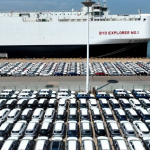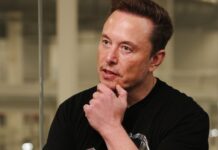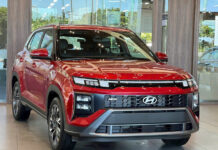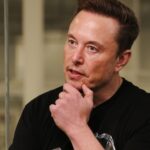Fierce Competition Over a Shrinking Pie
In the spring of 2024, Li Hongxing, director of a social media advertising firm, signed a deal with a client he believed was a rising star in China’s electric vehicle (EV) market. As a seasoned auto industry marketer, Li even borrowed funds to cover advertising costs for Ji Yue, anticipating the EV startup would soon settle the bill. He was convinced the company had all the ingredients for success: efficiency, growing sales, and robust financial backing.
But things didn’t go as planned.
Within six months, the automaker collapsed, turning Li’s gamble into a nightmare and leaving him with a 40 million yuan ($5.6 million) debt.
“It was utterly devastating,” Li said.
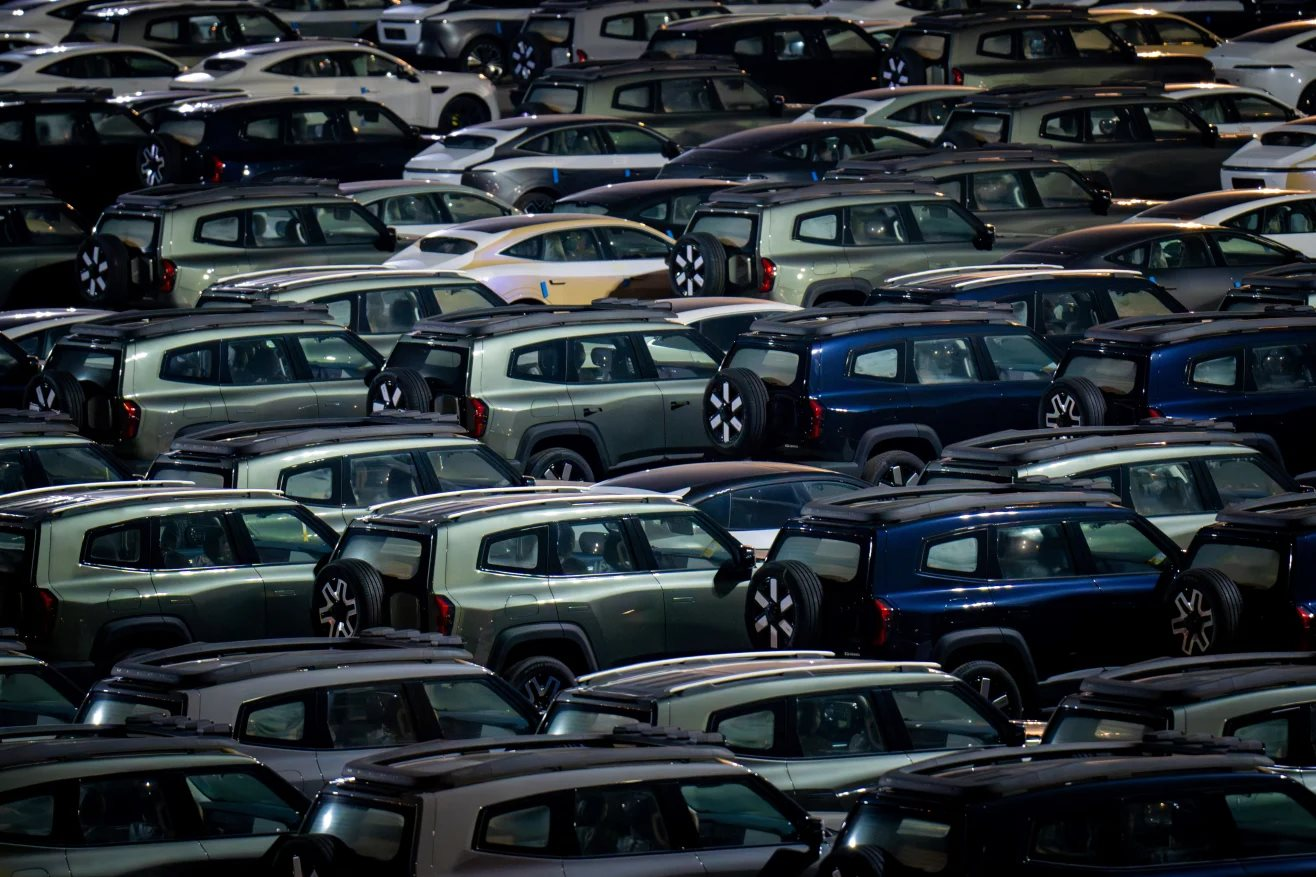
Ji Yue’s downfall isn’t an isolated incident in China’s auto industry, where hundreds of brands have crumbled amid a brutal price war over the past few years. The nation’s EV boom has not only spawned global leaders like BYD but also severe overcapacity, forcing a crowded field of manufacturers to fight for market share.
Relentless price wars have eroded profits and strained both automakers and suppliers. According to dozens of suppliers, manufacturers, and industry experts interviewed by CNN, even top players are pressuring component makers to sell below cost while delaying payments for months.
A closer look reveals a grim picture. Cutthroat competition among automakers has turned ruthless, with roughly 50 brands vying for customers through continuous price cuts. Manufacturers facing heavy losses struggle to pay suppliers, yet they continue borrowing from state banks to build more factories, exacerbating widespread overcapacity.
Even BYD, the world’s largest EV maker, is now under pressure. The company reported a nearly one-third drop in profits this spring compared to the previous year, citing price competition.
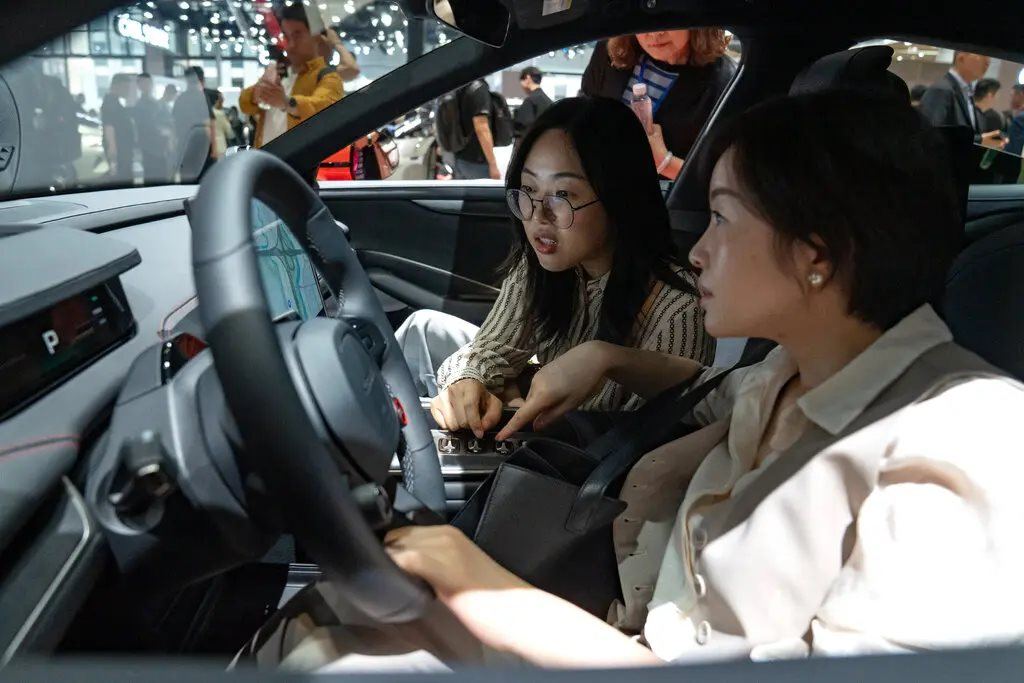
Too Much of a Good Thing
Overcapacity and price wars are chronic issues across China’s economy. Debt-fueled investments in government-prioritized sectors have created a glut of companies and factories competing for a limited domestic market.
Electric vehicles, like smartphones or laptops, benefit from economies of scale: the more you produce, the cheaper each unit becomes. Automakers relentlessly build larger factories to capture market share, even if it means selling EVs at increasingly lower prices.
“This is a race for dominance, not profitability,” said Bill Russo, CEO of Automobility, a Shanghai-based EV industry consultancy.
Last year, 129 brands in China sold primarily or fully electric vehicles. According to AlixPartners, a global consulting firm, only 15 are expected to remain financially viable by 2030.
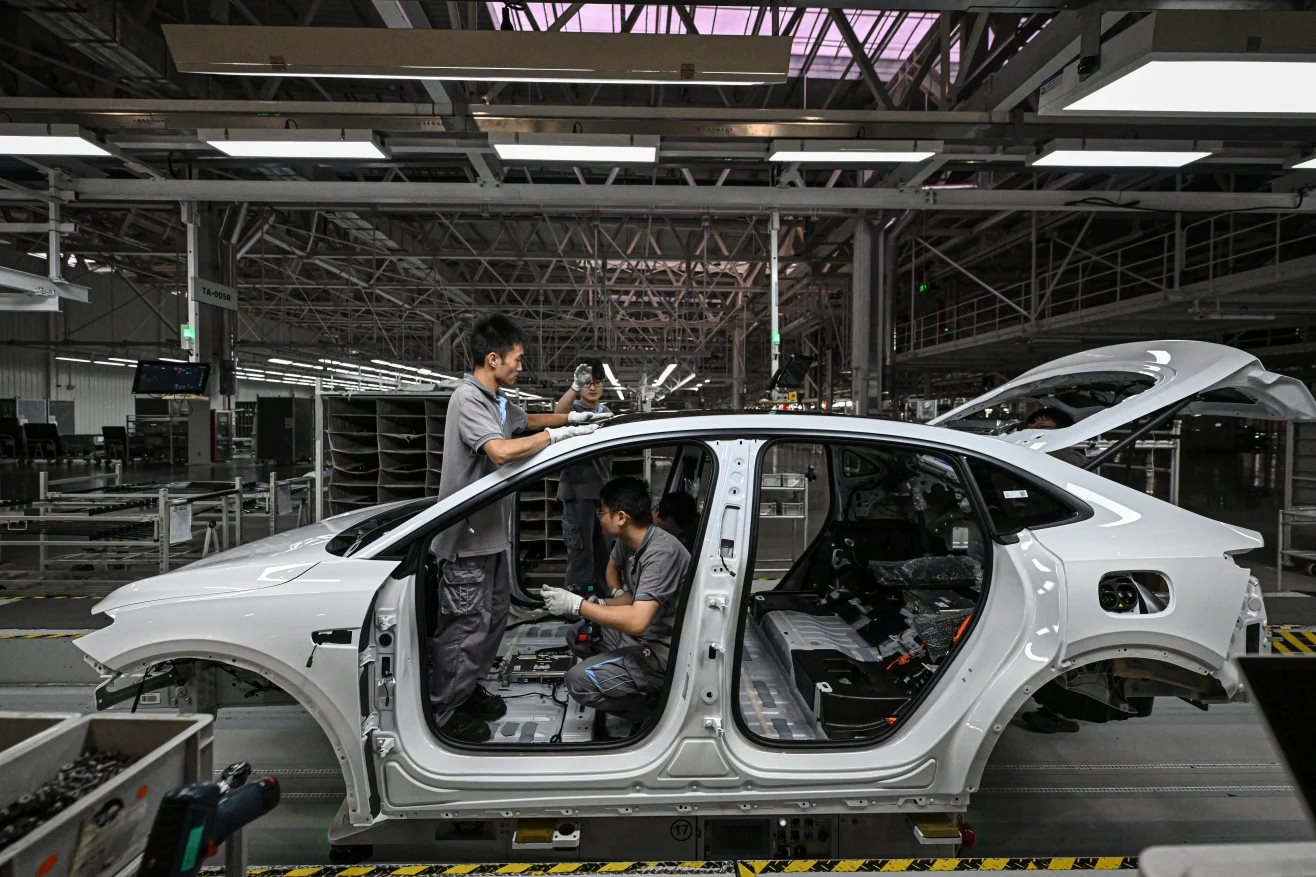
China’s top EV manufacturers are led by BYD, facing fierce competition from Geely Group’s brands like Zeekr and Polestar, as well as Tesla, which remains influential despite challenges. Consumer electronics giant Xiaomi entered the EV market last year, with its SU7 model outperforming many competitors. Dealer lots are overflowing with unsold inventory, yet powerful automakers force dealers to keep buying. Meanwhile, price cuts devalue existing stock.
“Dealers are forced to sell below cost, undermining the industry’s credibility and sustainability,” stated an association of dealers from four Yangtze River Delta provinces in a joint summer declaration.
On a late August podcast, He Xiaopeng, founder and CEO of leading Chinese EV maker Xpeng, warned no domestic automaker is safe yet.
“I believe China’s auto industry eliminations will continue for five more years,” he said.
“And perhaps only five will survive.”
Chinese EV Makers Keep Churning Out Cars Despite Glut
The divergence between electric vehicle production and sales numbers by Chinese automakers is posing big questions about the future of the sector.


